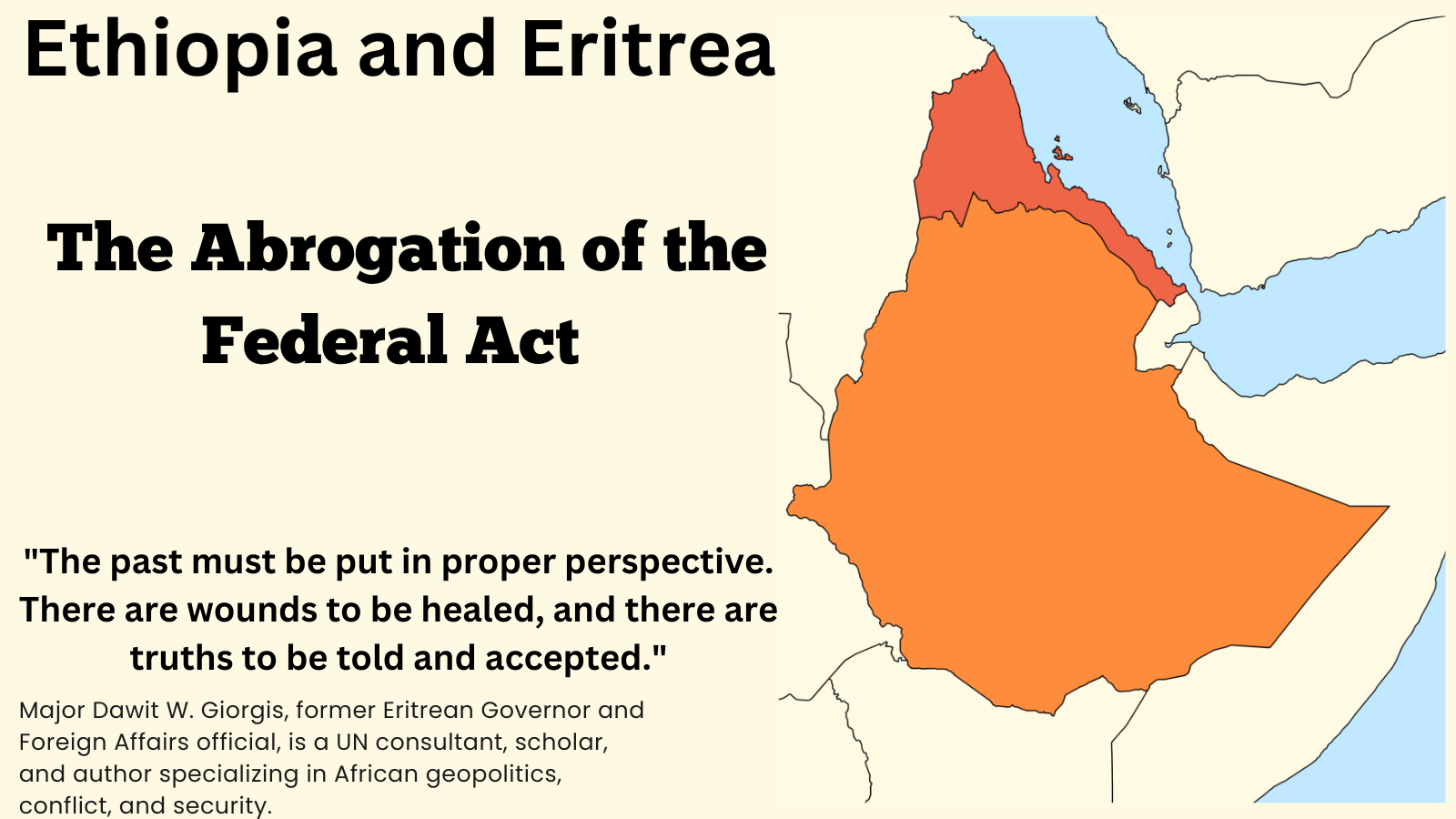Breaking News: National Bank of Ethiopia Unveils Major Foreign Exchange Reform

Addis Ababa, Ethiopia, July 29, 2024 – In a historic move set to reshape Ethiopia’s economic landscape, the National Bank of Ethiopia (NBE) has announced the liberalization of the country’s foreign exchange market. This landmark decision, effective immediately, ends decades of rigid control over the Birr’s exchange rate, which will now be determined by market forces.
Prime Minister Abiy Ahmed and NBE Governor Mamo Mehirtu have announced this move to tackle economic distortions and imbalances. While the potential benefits are significant, the associated risks and challenges are equally critical. This reform is a key component of the Home-Grown Economic Reform Program (HGERP), designed to address deep-rooted economic issues, enhance competitiveness, and promote sustainable growth.
Key Components of Ethiopia’s Foreign Exchange Reform:
Market-Driven Exchange Rate:
- Banks can now freely negotiate rates for buying and selling foreign currencies, reducing NBE intervention and aligning the official rate with the parallel market to decrease economic distortions.
Increased Foreign Exchange Retention:
- Exporters can retain 50% of their foreign exchange proceeds, up from 40%, enhancing FX supplies for the private sector.
Removal of Import Restrictions:
- Restrictions on 38 product categories have been lifted, allowing broader access to foreign exchange for importing goods and services.
Introduction of Non-Bank FX Bureaus:
- Non-bank entities are now permitted to conduct foreign currency transactions, increasing competition and market access.
Simplified Foreign Currency Accounts:
- Rules for foreign currency accounts have been simplified, particularly for foreign institutions, FDI companies, and the Diaspora, encouraging more formal FX transactions.
Special Privileges for SEZ Companies:
- Companies within Special Economic Zones can retain 100% of their foreign exchange earnings, making the environment more attractive for foreign investors.
Relaxed Travel Currency Limits:
- Travelers can carry more foreign currency when entering or exiting Ethiopia, facilitating smoother international business and travel.
Abolition of Allocation Rules:
- The waiting list system for banks’ foreign exchange allocation has been removed, streamlining access to foreign currency.
Relaxation of Franco Valuta Imports:
- Restrictions on Franco Valuta imports will be lifted, further liberalizing the market.
New Resident FX Accounts:
- Residents can open foreign currency accounts based on various foreign exchange inflows, enhancing personal financial flexibility.
Removal of Interest Rate Ceilings:
- Private sector companies and banks can now borrow from abroad without interest rate ceilings, attracting more foreign capital.
Securities Market Opening:
- Ethiopia’s securities market is now open to foreign investors, fostering greater investment opportunities.
Expert Opinions on Key Risks and Challenges:
Ethiopia’s economy has long been hampered by foreign exchange distortions, with the official exchange rate at 58.6 Br per USD and the parallel market rate exceeding 115 Br per USD. This reform aims to close this gap, reduce black market incentives, and create a more favorable balance of payments.
However, the transition to a market-determined exchange rate poses significant risks:
- Inflation: Experts warn that the alignment of exchange rates could lead to immediate inflationary pressures, impacting the cost of imports and daily living expenses. “This could strain households and businesses, especially those reliant on imported goods and services,” notes Dr. Alemayehu Geda, an economist at Addis Ababa University.
- Funding Subsidies: The government has promised social safety net programs and wage subsidies to cushion the impact on vulnerable populations, but experts question the funding sources for these measures. “Potential methods, such as increasing debt, seeking international aid, or printing money, could exacerbate economic instability and undermine the reform’s goals,” says Dr. Getnet Alemu, an economic analyst.
- Economic Disruptions: The sudden shift to a market-determined exchange rate may cause short-term economic disruptions. “Businesses and banks will need to adapt quickly to the new system, which could lead to operational challenges and financial instability,” cautions Ms. Tsion Tadesse, a financial consultant.
- Banking Sector Preparedness: There is concern about the readiness of banks to handle the new market dynamics. “The liberalization requires significant adjustments in the banking sector, with banks now setting their own exchange rates. This autonomy could lead to inconsistencies and inefficiencies if not managed properly,” explains Mr. Mekonnen Hailemariam, a banking sector expert.
Government Mitigation Measures:
Prime Minister Abiy has committed to maintaining transparent communication with all stakeholders and continuously reviewing the impact of the reforms. Temporary subsidies for essential imports and enhanced financial support for those impacted by inflation are planned to ease the transition.
International Support and Future Outlook:
A financial package of $10.7 billion from international partners, including the IMF and World Bank, will support these reforms. This backing is expected to accelerate economic growth, reduce inflation, increase exports, and attract foreign investment.
Conclusion:
Ethiopia’s liberalization of its foreign exchange market is a bold and necessary step towards economic reform. While the potential benefits are vast, the government must carefully manage the associated risks to ensure sustainable and inclusive economic growth. This reform marks the dawn of a new era for Ethiopia, promising a more resilient and dynamic economic future.




